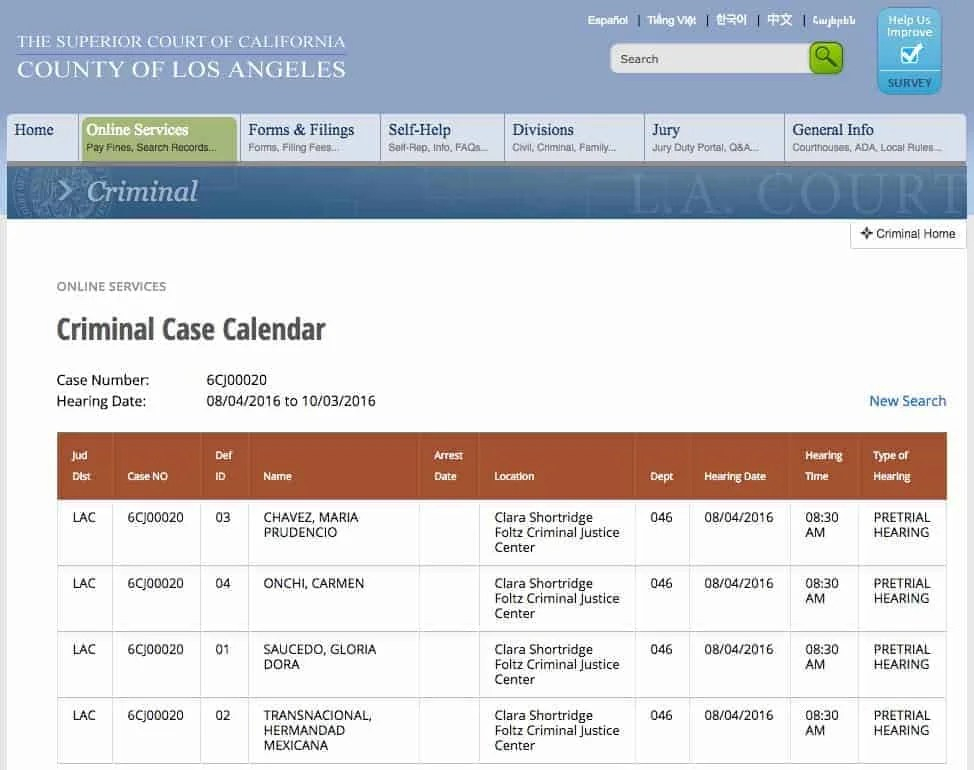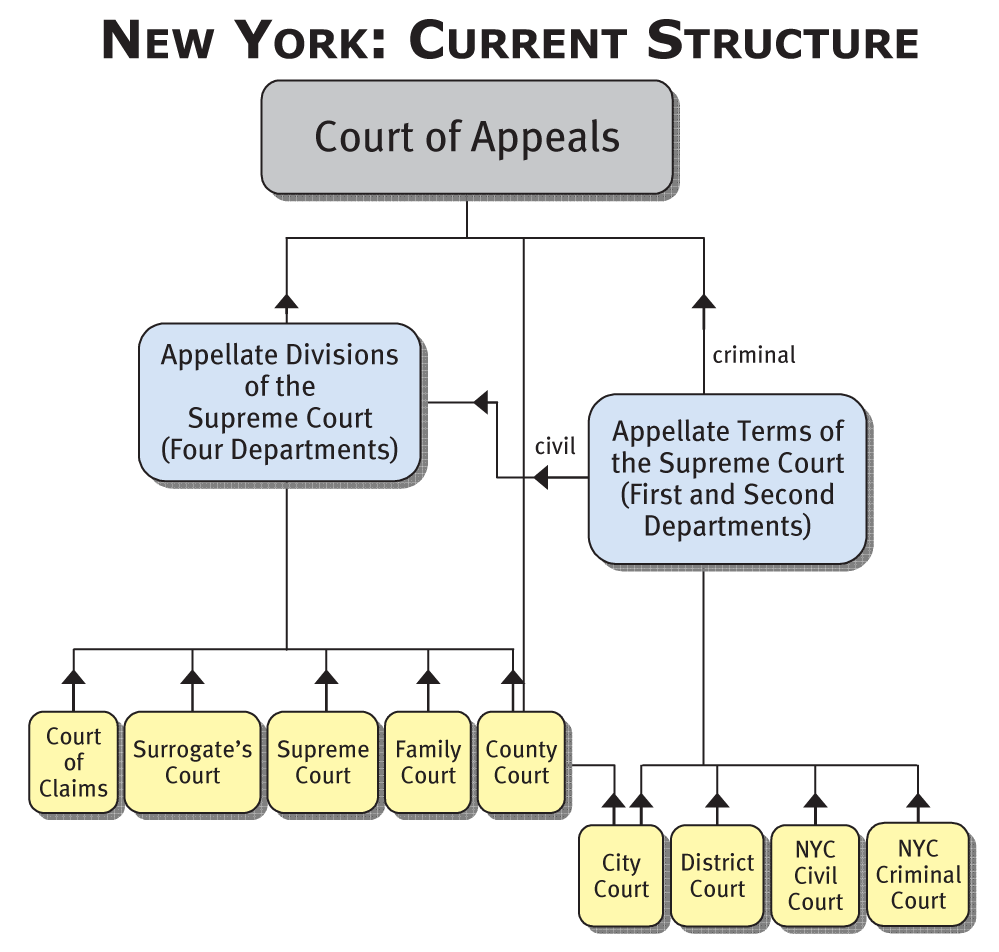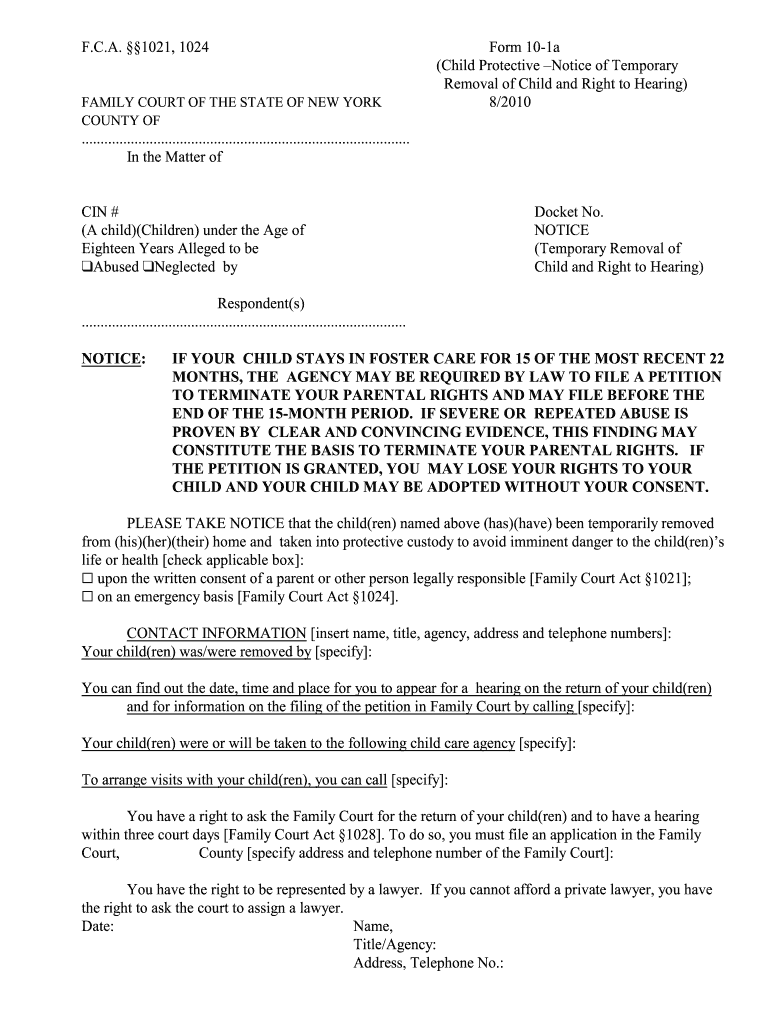Nyc Criminal Court Calendar – When you or someone you know is associated with a criminal case, recognizing the criminal court calendar is important. It resembles a roadmap, laying out the vital action in the legal process and helping everyone entailed understand when to be in court. Whether you’re a offender, a lawyer, or just interested regarding exactly how the system functions, this overview will certainly break all of it down in straightforward, easy-to-understand terms. Nyc Criminal Court Calendar.
What Is a Criminal Court Calendar?
Let’s begin with the fundamentals. A criminal court calendar is basically a routine that lists all the criminal situations readied to be heard in a specific court. Think of it like a big calendar or program, where every instance has its own slot. Each hearing or test has a certain date, time, and location.
However who handles this schedule? Commonly, it’s the obligation of the court’s staff to maintain and upgrade it. They make certain that instances move along efficiently via the system. The schedule consists of whatever from small offenses to major felonies, so every instance gets the attention it is entitled to.
Secret Parts of a Bad Guy Court Calendar
Now that you recognize what it is, allow’s dive into what you’ll find on a criminal court calendar.
- Sorts of Situations: You’ll see a variety of criminal fees, from minor burglary to extra major offenses like attack or burglary. Misdemeanor cases tend to be shorter, while felonies frequently need numerous court looks.
- Essential Dates: Each instance has essential landmarks, such as arraignment (the very first court appearance), pre-trial hearings, and eventually the trial or plea bargain. Recognizing these dates aids everyone engaged get ready for what’s coming.
Understanding these elements helps defendants, lawyers, and even family members stay educated and prepared.
Exactly How Are Court Dates Identified?
Wondering exactly how the court decides when to schedule your hearing? It’s not arbitrary. The procedure of setting court dates relies on several aspects, including the seriousness of the infraction, court availability, and the timetables of the district attorney, defense lawyer, and court.
For example, an arraignment (where the defendant is formally charged) is normally set up within a couple of days to a few weeks after the arrest. Pre-trial hearings and the real trial date may take longer to organize, as every person requires to coordinate their calendars.
A court typically plays a considerable role in identifying when the trial will take place, typically after discussing accessibility with both the protection and prosecution.
Types of Criminal Court Hearings
Not all court hearings are the same, and the criminal court calendar is loaded with various types of sessions. Here are the most common ones you’ll come across:
Arraignment Hearings
This is the offender’s first appearance in court. At the accusation, they will be formally billed, and they will certainly either beg guilty, not guilty, or no contest. A future court day will additionally be arranged during this hearing.
Pre-Trial Conferences
Before a instance mosts likely to test, there are normally pre-trial seminars. These are meetings between the legal representatives and the judge to discuss the case’s progression and any kind of potential plea bargains.
Movement Hearings
Legal representatives usually submit activities ( ask for a judge to decide) throughout a situation. Movement hearings are where those demands are gone over. As an example, a defense lawyer might file a activity to suppress certain evidence.
Tests and Sentencing
If a case mosts likely to trial, it will be scheduled on the court calendar, generally as the last step. After the test, if the offender is condemned, a sentencing hearing is scheduled to identify their punishment.
What Happens If You Miss a Court Day?
Missing a court date can be a big deal, and it’s not something to ignore. The repercussions can be extreme, including:
- Bench Warrant: The judge might issue a bench warrant for your arrest.
- Penalties and Charges: Failing to show up can cause additional penalties or fines.
- Impact on Your Case: Missing out on a date may make you look unreliable in the eyes of the court, which might affect your case’s end result.
If you recognize you can not make it to your arranged hearing, call your attorney quickly. They might have the ability to request a brand-new date or reschedule it for you.
Just how to Accessibility a Criminal Court Schedule
In today’s electronic age, accessing the court calendar has actually never ever been easier. You can:
- Online Resources: Lots of courts have on the internet sites where you can seek out your case and see the arranged dates.
- Courthouse Brows through: You can constantly go to the courthouse personally and get in touch with the clerk’s workplace.
- Lawful Counsel: Your attorney must have all your court dates and will certainly keep you educated as your situation advances.
Why the Lawbreaker Court Calendar Is Important for Offenders
For a accused, staying on top of the criminal court calendar is vital. Missing out on also one crucial day can thwart your instance and bring about even more problem than you imagined. Plus, understanding when your following hearing is allows you to prepare far better– whether that suggests celebration evidence, speaking to witnesses, or strategizing with your lawyer.
Think about the court calendar as your personal timeline. It helps you comprehend the process and remain ahead of what’s following.
Tips for Navigating the Bad Guy Court Schedule
Below are some quick suggestions to aid you navigate the system:
- Keep Organized: Keep a physical or digital copy of all your court dates. You do not desire anything slipping with the fractures.
- Work Closely with Your Lawyer: Your lawyer is your best resource for understanding the court calendar and guaranteeing you never ever miss an crucial date.
- Establish Reminders: Utilize your phone or various other tools to set suggestions for every court look. This will keep you on course and punctual.
Conclusion
The criminal court schedule could appear frustrating at first, yet recognizing it is vital. It works as the foundation of the legal process, assisting each situation throughout. By remaining arranged, working with your attorney, and keeping an eye on vital days, you can navigate the system with confidence.
FAQs
- How can I examine my court day?
- You can examine your court day by going to the court’s website, using an on-line portal, or contacting the staff’s office directly.
- What takes place if my court day is postponed?
- If your court date is delayed, the court will inform you or your attorney. Make certain you upgrade your schedule to reflect the brand-new date.
- Can I change my court day?
- In many cases, yes. You’ll require to ask for a rescheduling with your legal representative or straight to the court, however it depends on the judge to accept it.
- What does ” schedule call” mean in criminal court?
- A calendar telephone call is when the court examines all the cases arranged for a particular day to make sure every little thing is ready to continue as planned.
- How do I know if I’m needed to participate in a particular hearing?
- Your attorney will certainly inform you which hearings are mandatory for your participation. A lot of pre-trial hearings may not require your visibility, however tests and accusations generally do.


